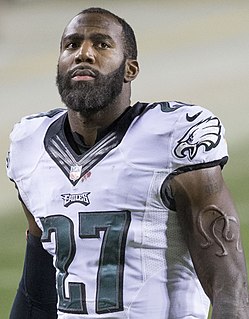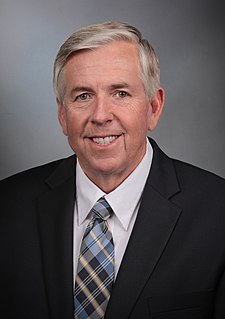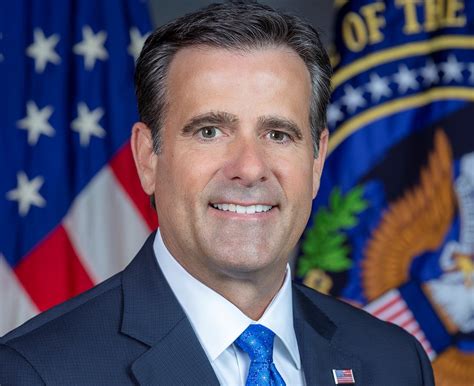A Quote by Opal Tometi
Our communities are reeling from poverty, from unemployment, from discrimination of all sorts and different interactions that they're having with the law enforcement, and education system, and so on.
Related Quotes
As smartphones have allowed us to have our computers, emails, social media feeds, and a full surveillance system in our pockets at all times, stories of the law enforcement's unease with that have been popping up in the press. And of course, the ones that become viral videos aren't exactly flattering for law enforcement.
The importance of making sure that the sense of accountability when, in fact, law enforcement is involved in a deadly shooting is something that I think communities across the board are going to need to consider, we have a great opportunity, coming out of some great conflict and tragedy, to really transform how we think about community law enforcement relations so that everybody feels safer and our law enforcement officers feel, rather than being embattled, feel fully supported.
Communities do need police, but law enforcement needs to be much more transparent and held accountable for their actions. We also need increased resources for mental health services, affordable housing, education, jobs training, and much more to truly address social and economic issues in our communities.
I worked when I was Congress on a second chance act. We have got to do a better job recognizing and correcting the errors in the system that do reflect on institutional bias in criminal justice. But what - what - what Donald Trump and I are saying is let's not have the reflex of assuming the worst of men and women in law enforcement. We truly do believe that law enforcement is not a force for racism or division in our country.
We need to recognize that the situation in Ferguson speaks to broader challenges that we still face as a nation. The fact is, in too many parts of this country, a deep distrust exists between law enforcement and communities of color. Some of this is the result of the legacy of racial discrimination in this country.
To argue that it is unconstitutional for local law enforcement to be a legitimate partner in immigration enforcement is shortsighted. It is evidence of a lack of commitment to securing our borders and a lack of appreciation for the proper role of the states in supporting federal law enforcement priorities.
Inevitably, people tell me that poor folks are lazy or unintelligent, that they are somehow deserving of their poverty. However, if you begin to look at the sociological literature on poverty, a more complex picture emerges. Poverty and unemployment are part and parcel of our economic order. Without them, capitalism would cease to function effectively, and in order to continue to function, the system itself must produce poverty and an army of underemployed or unemployed people.
The black unemployment rate has to be twice that of the white rate in the US. If the national unemployment rate were 6.8 percent, everyone would be freaking out. We ought to not take too much solace in the 6.8 percent, but ask ourselves what can we do to bring that down to white rates, which are below 4 percent now. Some of that has to do with education, but that's just part of the story. You find that those unemployment differentials persist across every education level. I think it means pushing back on discrimination and helping people who can't find work get into the job market.




































